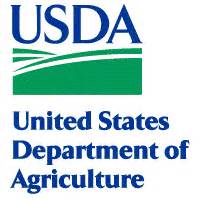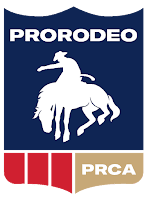Vesicular stomatitus diagnosed in South Texas

Vesicular stomatitis virus (VSV) was confirmed in horses on a Kinney County (South Texas – Northern Rio Grande) premises on June 21, 2019. The National Veterinary Services Laboratories (NVSL) confirmed the virus as the Indiana serotype. The horses were tested after the owner observed lesions on the horses’ muzzles and contacted a veterinary practitioner. TAHC has quarantined the premises, and there is no known exposure to other horses. The quarantine period for premises with suspect or confirmed VSV cases is 14 days from the onset of lesions in the last affected animal on the premises. No other cases of VSV have been identified in the immediate area or elsewhere in the state. VSV can cause blisters and sores in the mouth and on the tongue, muzzle, teats or hooves of horses, cattle, swine, sheep, goats, llamas and a number of other animals. Lesions usually will heal in two or three weeks. Because of the contagious nature of VSV and its resemblan...



